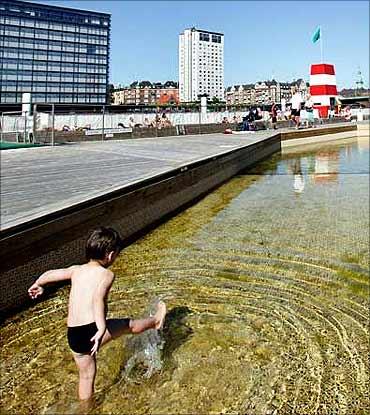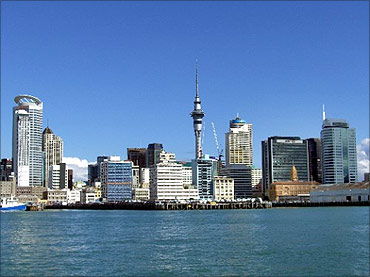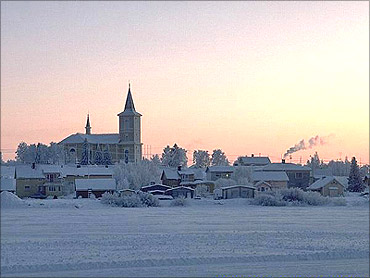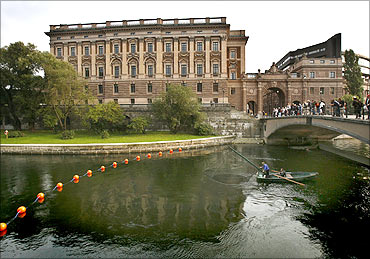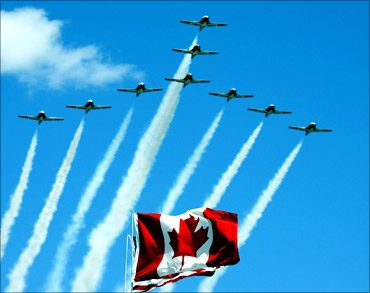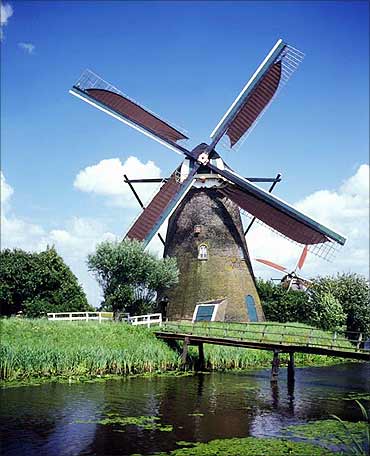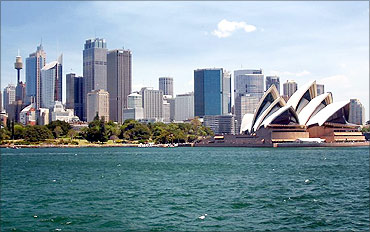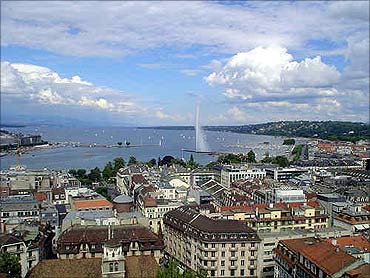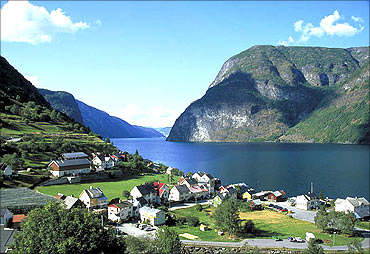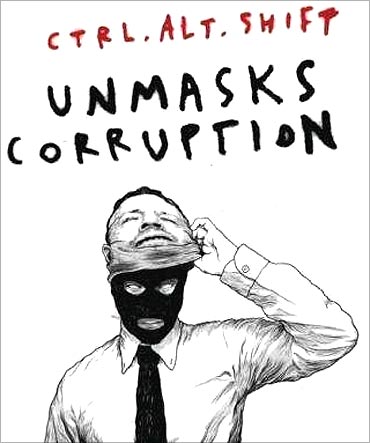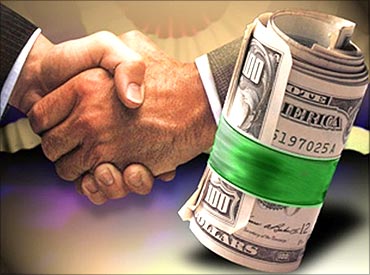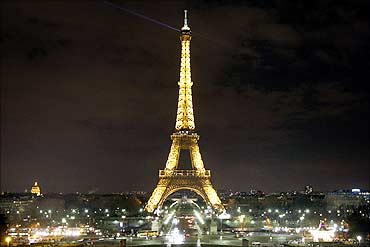 | « Back to article | Print this article |
The world's least corrupt nations
Denmark along with two other countries have been ranked as the world's least corrupt countries.
With a score of 9.3, Denmark has consistently topped the Transparency International's Corruption Perceptions Index.
The country has a strong tradition of openness to global trade and investment, and transparent and efficient regulations are applied evenly in most cases.
Denmark also boasts an efficient, independent judiciary that protects property rights, and the level of corruption is extraordinarily low, according to the Index of Economic freedom.
Three countries share the first position in the Transparency Index.
Click NEXT to find our more about world's least corrupt nations...
The world's least corrupt nations
New Zealand is known for its efforts to ensure transparent, competitive, and corruption-free government procurement.
Stiff penalties against bribing government officials or accepting bribes are strictly enforced.
Click NEXT to read on...
The world's least corrupt nations
The government enforces strong anti-corruption laws. It is a crime for a citizen to bribe a foreign official or any other person, within or outside of Singapore.
Click NEXT to read on...
The world's least corrupt nations
Corruption is almost non existent here. The economy is a world leader in business freedom, trade freedom, property rights, and freedom from corruption.
Click NEXT to read on...
The world's least corrupt nations
Sweden with a score of 9.2 is tied for the fourth place with FInaland.
Comprehensive laws on corruption are fully implemented, and Sweden has ratified the 1997 OECD Anti-bribery Convention. The constitution and law provide for public access to government information.
Click NEXT to read on...
The world's least corrupt nations
Bribery and other forms of corruption are rare in Canada. It has signed the UN Convention against Corruption.
Click NEXT to read on...
The world's least corrupt nations
With a score of 8.8, Netherlands is among the top 10 least corrupt countries.
The Dutch law deems corruption by Dutch businessmen in landing foreign contracts a penal offense, and bribes are not deductible for corporate tax purposes.
Low-level law enforcement corruption is not believed to be widespread or systemic, according to the Index of Economic Freedom.
Click NEXT to read on...
The world's least corrupt nations
Two countries are tied for the 8th place. Australia scores a high of 8.7 in the Transparency Index.
A strong rule of law protects property rights, and corruption is perceived as minimal. The government actively promotes international efforts to curb the bribing of foreign officials.
Click NEXT to read on...
The world's least corrupt nations
Switzerland shares the 8th rank with a score of 8.7.
Corruption is not pervasive in any area of the economy, and enforcement against domestic corruption is effective.
Click NEXT to read on
The world's least corrupt nations
Norway is followed by Iceland, Luxembourg, Hong Kong, Ireland and Austria.
The country has a strong tradition of openness to global trade and investment, and transparent and efficient regulations are applied evenly in most cases.
Click NEXT to find out how Germany, Japan, US, UK and France score on transparency...
The world's least corrupt nations
Click NEXT to read on
The world's least corrupt nations
Japan's modern financial system remains subject to government influence. Overall transparency is still weak despite gradual improvement.
Click NEXT to read on...The world's least corrupt nations
With a score 7.6, the United Kingdom has fallen in the transparency index to 20th position.
Four years ago, Britain was the 11th corruption-free country in the world. Bribery of domestic or foreign public officials is a criminal offence, and corrupt payments are not tax-deductible.
Click NEXT to read on...
The world's least corrupt nations
The United States ranks high with a score of 7.1. Last year, it was among the top 20.
The study also found that of the 36 industrialized countries party to the Organization for Economic Cooperation and Development convention banning the bribery of foreign officials, "as many as 20 show little or no enforcement of the rules, sending the wrong signal about their commitment to curb corrupt practices."
Click NEXT to read on...The world's least corrupt nations
With a score of 6.8, France is ranked at 25 in the index. France's financial, regulatory, and accounting systems are bureaucratic but consistent with international norms. France enforces the OECD Anti-Bribery Convention.
